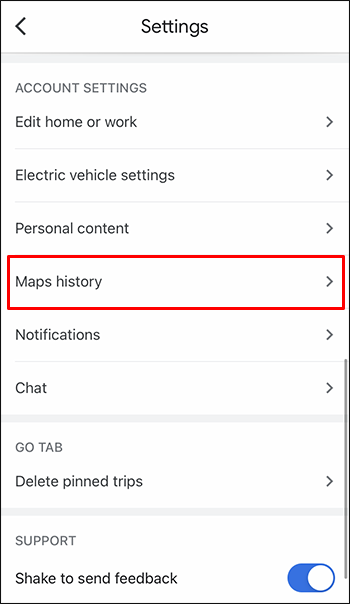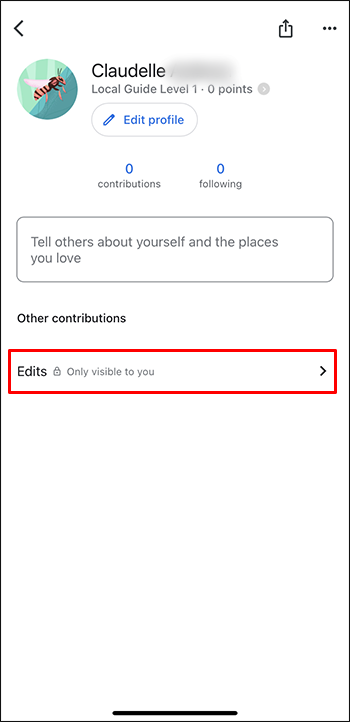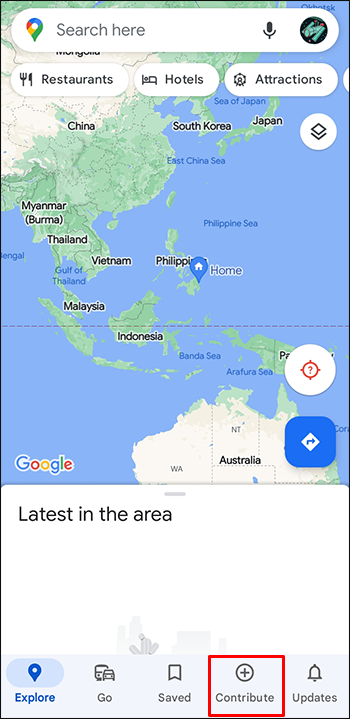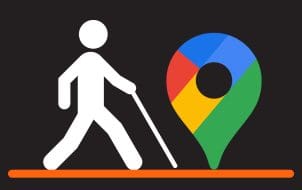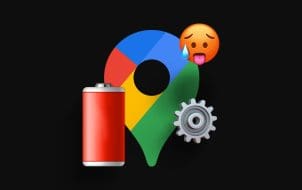Google Maps has become the most popular web mapping platform that allows users to travel without investing in an expensive GPS device. It’s well-integrated with other Google services like Google Assistant, and you can rely on voice control to improve your navigation and point you in the right direction. However, the Google Maps software isn’t always so straightforward, especially when affected by data loss. No matter what you do, you can’t retrieve your deleted location history.
Fortunately, not all is lost. There are several ways that will help you recover your deleted location history and timeline on Google Maps. Read on to learn more.
You Can’t Beat Incognito Mode
Although retrieving deleted location history on Google Maps is possible, Incognito Mode is an impassable roadblock. If you use Google Maps and switch on Incognito Mode in your browser, you won’t be able to find the deleted information. Even if you log in to your Google account on your iPad, iPhone, Android smartphone, or computer, Incognito Mode prevents data retrieval.
If you suspect you’ll need to find data, make sure your browser window isn’t operating in Incognito Mode.
How to Recover Deleted Location History on Google Maps
Let’s look at six methods you can use to retrieve deleted location history.
METHOD 1: Checking “Maps History”
When you open Google Maps and tap “Search here,” you might not see all previously searched locations. You’ll only view recent searches since the program replaces older entries with new ones. But don’t panic. You can go further back and find a detailed log of your searches. Here’s what you need to do:
- Launch Google Maps and click on your profile picture or account initials beside the “Search here” field.

- Head to “Settings” and press the “Maps History” option at the bottom of the screen.

- The action will generate a log of previous Map entries, including searched, viewed, or shared items.

METHOD 2: Checking the Edits Page
Editing mishaps is another common reason your location history and timeline information could disappear. If you’re modifying the map while driving, it’s easy to delete data accidentally. The good news is that you can recover the information with just a few clicks and go to the Edits page, regardless of your device.
Follow the steps below to do so on an iPhone:
- Click on “Contribute+” and press “View Your Profile.”

- Scroll to the bottom of the page and
- tap “See your edits.”

- The edited maps will be organized into three groups: “Not Applied,” “Pending,” and “Approved.”

Here’s how you can open the Edits page on an Android device:
- Press “Contribute+” and tap “View Your Profile.”

- Head to the bottom of the screen and select “See your edits.”

- All modified maps will be classed as “Not Applied,” “Approved,” and “Pending.”

Your PC can also help you check the Edits page on Google Maps. The instructions below will guide you through the process:
- Go to the Google Maps page and press the hamburger menu in the top left part of the desktop.

- Select “Your Contributions” from the options list and click “Edits.”

- The status of the edits will be displayed as “Not Applied,” “Approved,” or “Pending.”

METHOD 3: Use the My Activity Page
Sometimes your location history is blank even when you haven’t made any edits. Google is prepared for such circumstances and backs up your Map data in cloud storage. This precaution prevents data loss when you reinstall the app, wipe the cache, or initiate a factory reset on your device. Most importantly, location history and Map activity are stored together with a timeline for quick and easy access. Here’s how you can find this information:
- Open Google Maps from your web browser and head to the “My Activity” page.

- Select the “Location History” option.

- Navigate to the “Auto-delete” section. If it’s switched off, Google will display activity no older than 18 months.

- Select “Manage History”, Your browser will now open the Google Maps Timeline window.

- Tap the Day, Month, and Year menus to access specific information. (You can also press the graph icon in the upper-right part of the interface to view a breakdown of your daily activity.)

You’ll need to reinstall the Google Maps app on your mobile device and sync it with your PC to access the data on your smartphone.
METHOD 4: iOS Location History
If you’re in a time crunch, you may want a quick fix that doesn’t involve tinkering with Google Maps settings. Although it’s not a direct way to retrieve lost Google Maps location data, recovering the location history of your iOS device is an excellent temporary solution.
The following instructions will help you recover your iPhone’s location history:
- Launch the “Settings” app from the home screen.

- Select the “Privacy” tab and make sure that “Location Services” are enabled.

- Scroll to the bottom of the “Location Services” sction and press “System Services.”

- Go to the lower end of the interface and press “Significant Locations.”

- You’ll be able to view lists of cities, states, and towns. Tap a location to learn more information.

While this method will help you piece together your location history information, it doesn’t give the most detailed look. For example, you can’t pinch the screen to enlarge the picture.
The method also works on iPads. Here’s how you can view your iPad’s location history:
- Open the “Settings” app and press the “Privacy” tab.

- Navigate to “Location Services” and check whether the option is activated.

- Head to the bottom of the screen and select “System Services.”

- Scroll to the bottom of the interface and choose “Significant Locations.”

- You can inspect lists of towns, cities, and states on the new page. To learn more about a specific location, click on it.

Remember that while your iPad location history contains details about locations, approximate positions, and dates, it’s no match for Google Maps. You won’t be able to zoom in using your fingertips.
METHOD 5: Data Restoration Programs
If the information you’re searching for is older than 18 months, Google Maps has likely permanently deleted it. The app logs your activity for up to 18 months and then replaces it with more recent entries. However, you can bypass this issue and use a data restoration program.
This software is usually used when a device experiences a system crash, leading to data loss.
While there’s no guarantee third-party tools can retrieve all deleted files, Android apps like RecycleMaster support many formats and could manage to restore your deleted Maps history.
iPhone users can try dr.phone and FoneLab iPhone Data Recovery. These programs have been around for years, helping thousands of users recover their information, so they might find your lost Google Maps history.
METHOD 6: Contact a Recovery Service
Those who feel uncertain about their technical knowledge can reach out to a data recovery service. Although recovery tools are pretty effective, they’re not user-friendly and often require rooting to complete the process. However, a tech professional will know where to look for your deleted Google Maps location history and timeline.
Keep Track of Your Location History on Google Maps
There are several reasons users struggle to find their location history on Google Maps. The app logs your most recent activity, and previously viewed or searched items are often missing from the list. Also, an accidental edit could stop you from viewing certain information.
Fortunately, you can usually resolve the problem by going to your Maps History or Edits Page. If the data doesn’t show up, try using your iOS location history or a third-party tool. If you suspect the data has been permanently deleted, it’s best to hire a professional recovery service and let them handle the situation.
Have you had trouble recovering your location history in Google Maps before? Which of the above methods helped you retrieve it? Let us know in the comments section below.
Disclaimer: Some pages on this site may include an affiliate link. This does not effect our editorial in any way.
